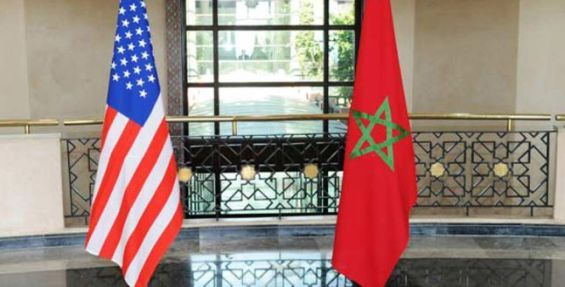Morocco's advantages as an attractive investment destination and a springboard for strengthening trade between the United States and Africa were the focus of a panel discussion held on Tuesday, July 2 in Washington by the American research center Atlantic Council.
Organized on the sidelines of the 8th session of the Joint Committee in charge of monitoring the U.S.-Morocco Free Trade Agreement (FTA), the meeting featured the Minister of Industry and Trade, Ryad Mezzour, the Kingdom's Ambassador to Washington, Youssef Amrani, and the President of the Corporate Council For Africa, Florizelle Liser.
Over the past 25 years, the Kingdom has undertaken far-reaching reforms to improve the business climate and promote advanced industries, as well as building infrastructure to international standards. In this respect, the Dakhla Atlantic port is set to further solidify Morocco's position as a hub for investment in Africa, as well as providing a maritime outlet for Sahelian countries to the Atlantic Ocean.
With regard to the free trade agreement, the only one linking the United States to an African country, Mezzour stressed the importance of breathing new life into this 20-year-old agreement, noting that Morocco is keen to diversify its partners and strengthen economic activity and competitiveness.
In her speech, Morocco's ambassador to the United States recalled that long-standing friendship and shared strategic interests have made Rabat and Washington «essential partners on a wide range of issues and challenges, from security threats, climate change and energy to the promotion of shared values of peace, stability and economic liberalism».
The President of the Corporate Council for Africa noted that the reforms undertaken by Morocco in key sectors have helped attract foreign investment, making the kingdom a model in the region and in Africa. She also spoke of the importance of boosting the Morocco-American partnership through the diversification of trade, stressing that the Kingdom is establishing itself as a leading investor in Africa.





 chargement...
chargement...













